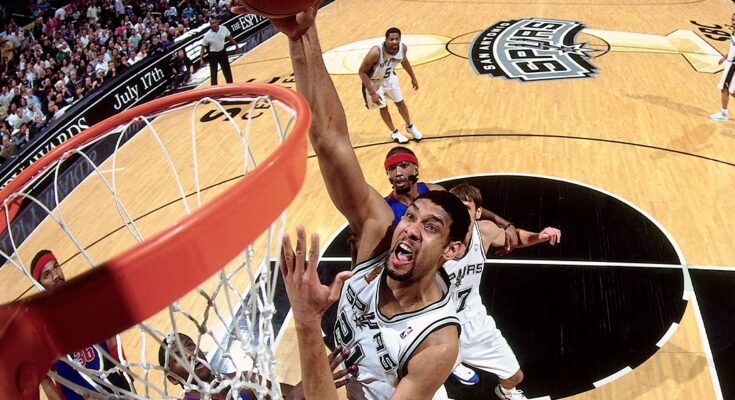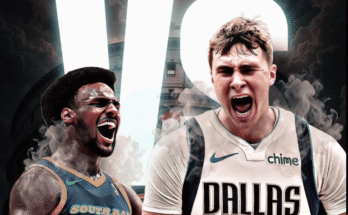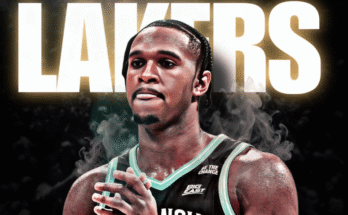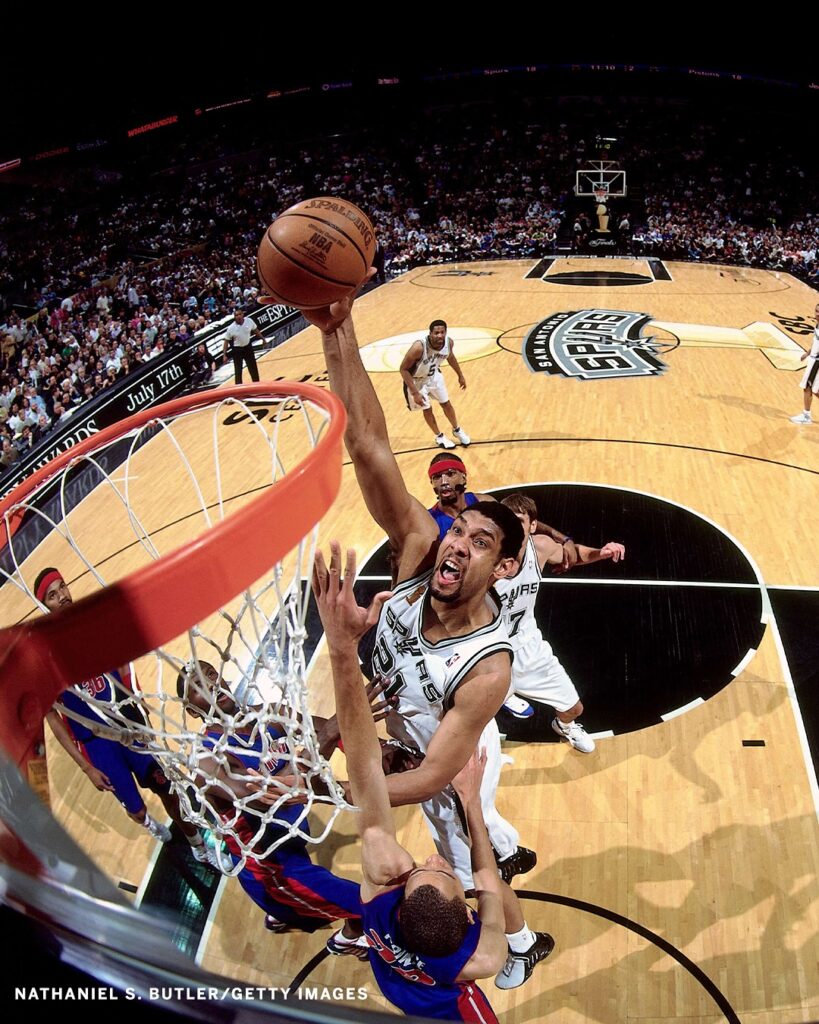
By the time a best-of-seven series in the NBA reaches its final chapter, fans and players alike are running on adrenaline, emotion, and muscle memory. Game Sevens are not just climactic—they are sacred. They are the final test of toughness, discipline, and belief. They reflect not only talent, but also a team’s ability to withstand pressure and respond to adversity.
The journey to a Game Seven is rarely smooth. Each series that reaches this point has already been a battle of schemes and stars. There have been game-winning shots, unexpected performances from bench players, ejections, injury scares, and late-night film sessions. Game Seven is the result of both teams refusing to yield. It’s what happens when neither side is willing to let go of the dream.
In the playoffs, every possession matters—but in a Game Seven, every possession becomes magnified tenfold. Coaches run plays they’ve saved all series for this very moment. Players who haven’t seen the floor much might suddenly become X-factors. Veterans lean on experience while young stars test their composure under the brightest lights. There’s no room for error, and no space for hesitation.
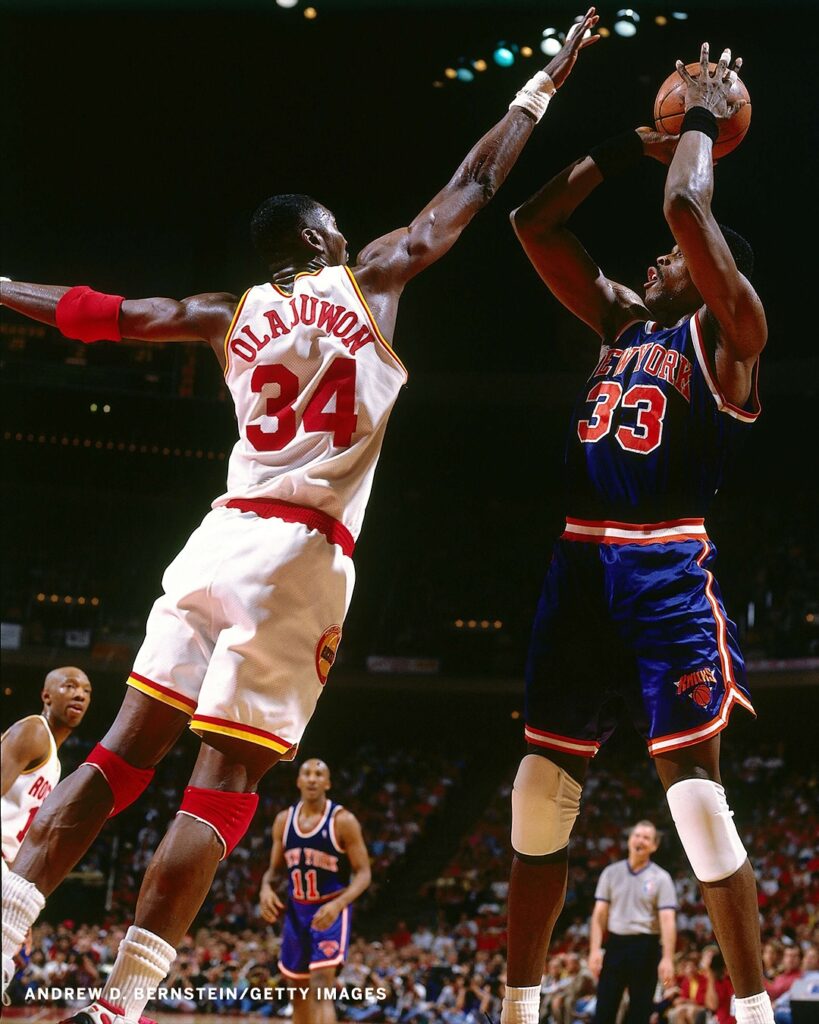
Consider the tactics: over the course of six games, both coaching staffs have seen everything the opponent can throw at them. Each move on the court is a response to something that’s already been done. Game Seven often becomes a chess match more than a sprint, with rotations shortened and trust placed in only the most dependable players. It’s a mental marathon as much as a physical one.
The stories within a Game Seven are endless. Maybe it’s a star player fighting through injury. Maybe it’s a team silencing doubters after blowing a 3–1 lead. Maybe it’s a veteran chasing a ring in what could be his final game. In every case, the weight of history hangs in the air.
Think back to some of the most iconic Game Sevens in NBA history. The 2016 NBA Finals, where the Cleveland Cavaliers overcame the 73–9 Golden State Warriors, stands as a modern classic. LeBron James’s chase-down block, Kyrie Irving’s cold-blooded three, and the silence of Oracle Arena as Cleveland celebrated—these moments are seared into NBA folklore because they happened on the biggest stage.
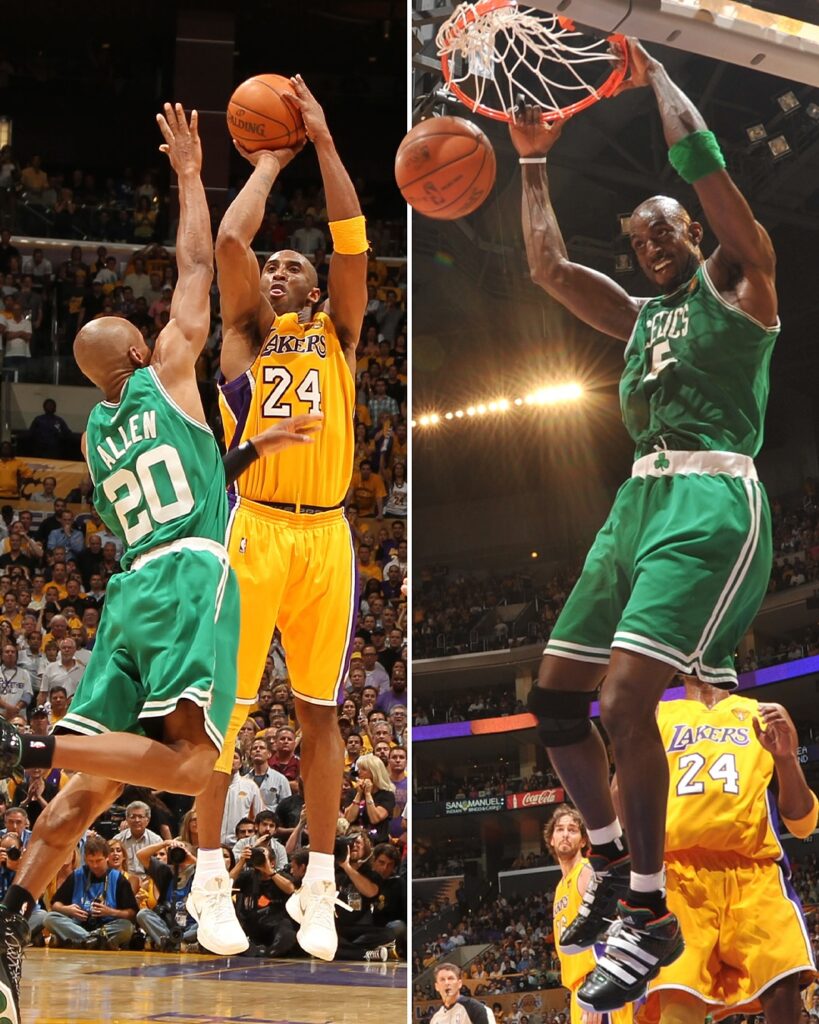
Or the 2000 Western Conference Finals, where the Lakers erased a 15-point fourth-quarter deficit against the Trail Blazers. Shaq’s alley-oop from Kobe remains one of the most iconic plays in Lakers history—and it happened in a Game Seven. The pressure creates heroes, and the stakes create legends.
In more recent years, fans saw Kawhi Leonard’s buzzer-beater in Game Seven against the Sixers in 2019—a shot that bounced four times on the rim before falling, sending Toronto to the Eastern Conference Finals en route to their first title. That moment defined a franchise. That shot echoed across generations. Game Sevens make those moments possible.
But Game Sevens are not only about glory. They’re also about heartbreak. For every elated winner, there’s a team left stunned, reflecting on what could’ve been. Coaches often speak about the “what-ifs” for years afterward. One missed rotation, one bad call, one unlucky bounce—that’s the difference between advancing and going home. It’s brutal. It’s emotional. It’s real.
And the fans? They live every second of it. They’re on their feet with sweaty palms, yelling at the screen, pacing the room, or holding their breath at the free-throw line. Cities shut down to watch. Bars are packed. Social media explodes with every momentum swing. For fans, Game Seven is an emotional rollercoaster with no brakes.
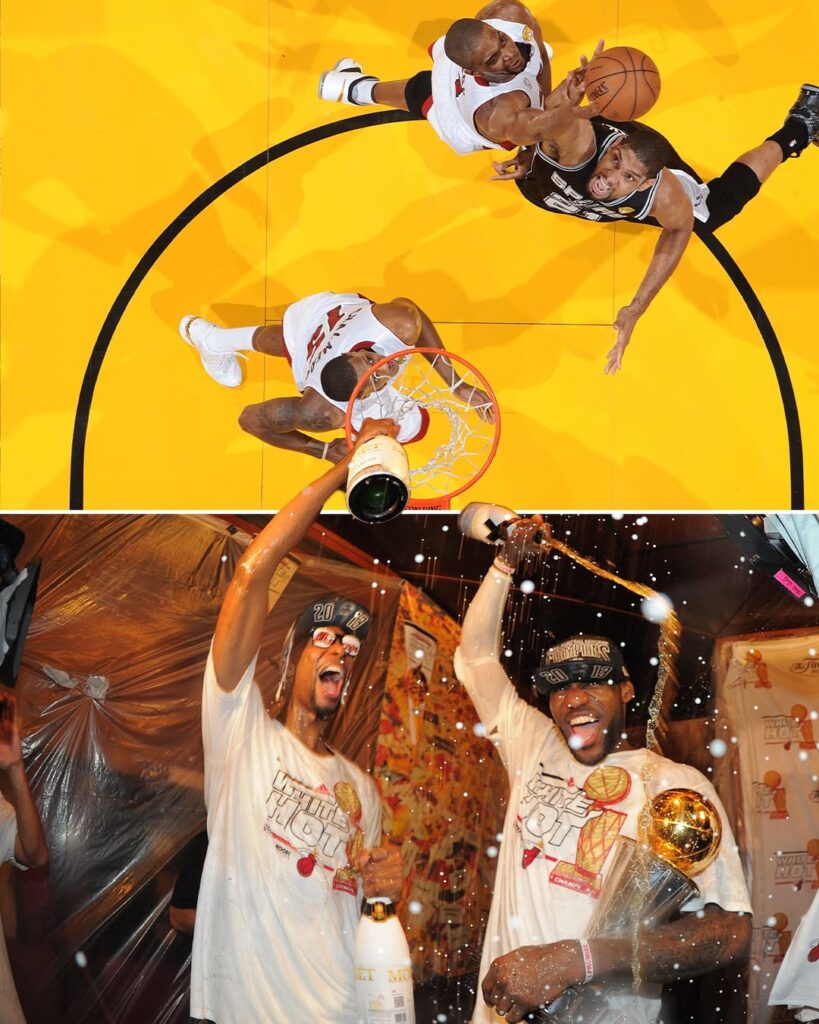
In the 2025 playoffs, the Indiana Pacers and Oklahoma City Thunder gave us the latest reminder of how unforgettable a Game Seven can be. After six thrilling games full of individual brilliance, team adjustments, and dramatic finishes, it all came down to one final battle. Shai Gilgeous-Alexander vs. Tyrese Haliburton. A clash of rising stars on the sport’s biggest stage. The crowd in full voice. The stakes as high as they can be.
That’s the beauty of a Game Seven—anything can happen. The best team doesn’t always win. The hottest player can go cold, and the most overlooked player can become the unexpected hero. Game Sevens don’t care about seeding or market size or past records. They’re a vacuum where only what happens that night matters.
By the end of it, the exhausted victors move on with relief and celebration, while the vanquished walk off the floor knowing how close they were to rewriting history. Tears are common. So are hugs. And above all else, respect—because anyone who makes it to a Game Seven has proven something, win or lose.
In the NBA, a Game Seven isn’t just another game.
It’s an emotional crescendo.
It’s the closing act of a basketball saga.
It’s war, art, and destiny wrapped into 48 minutes.
It’s the final truth in a league built on drama.
And that’s why, year after year, basketball fans everywhere wait for those two magic words:
Game Seven.
